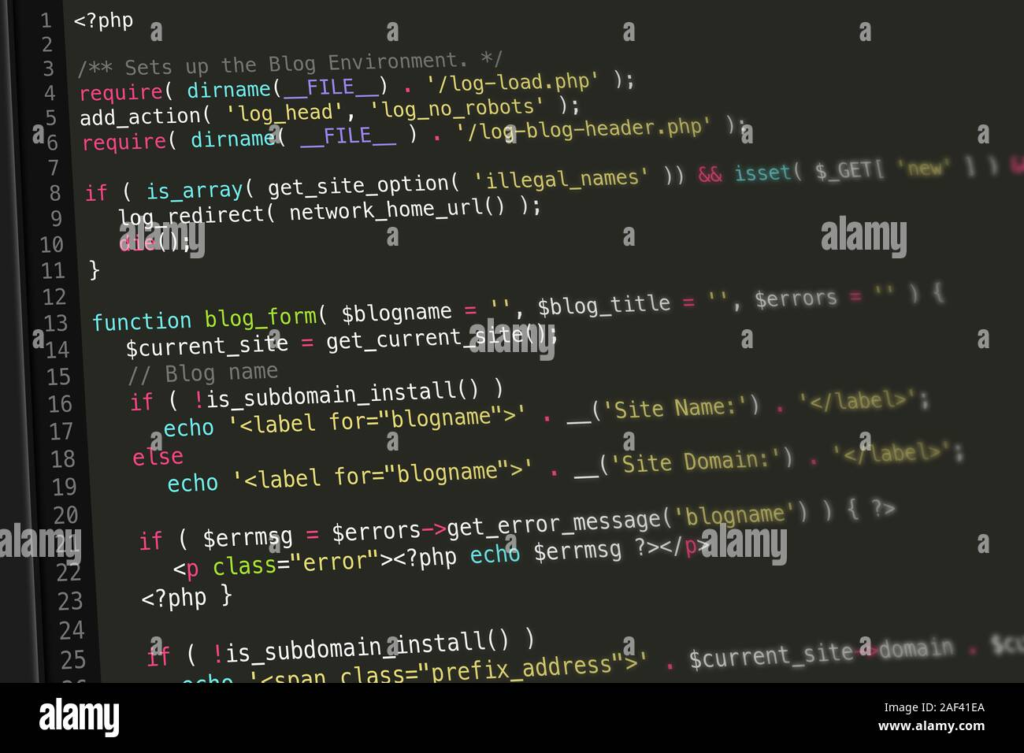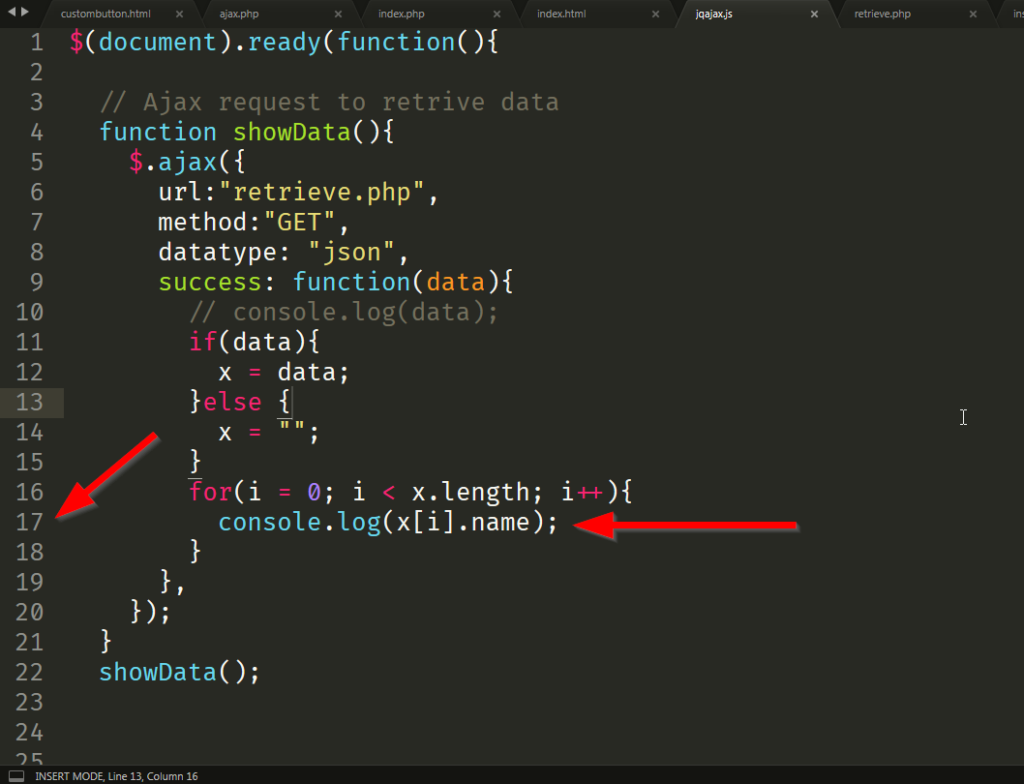In the ever-evolving world of web development, staying updated about programming languages and technologies is critical. With PHP being one of the older languages, many developers wonder whether it still holds its ground in 2025. The answer is a resounding yes—PHP is still relevant, and here’s why.
What is PHP?
PHP (Hypertext Preprocessor) is a widely-used, open-source scripting language created in 1994. It is specifically designed for web development and integrates seamlessly with HTML. Over the years, PHP has powered millions of websites, including giants like Facebook, WordPress, and Wikipedia.

Why is PHP Still Relevant in 2025?
1. PHP Powers the Web
According to recent statistics, PHP is used by over 70% of websites with a known server-side programming language. Platforms like WordPress, Joomla, and Drupal, which dominate content management, are built on PHP. Given that WordPress powers 43% of the web, PHP’s reach is undeniable.
2. Improved Performance
PHP has significantly evolved over the years. Modern versions, such as PHP 8.1 and PHP 8.2, introduced features like Just-In-Time (JIT) compilation, which boosts performance to rival other languages. These updates make PHP faster, more efficient, and suitable for handling complex applications.
3. Vast Ecosystem

PHP boasts a robust ecosystem with frameworks like Laravel, Symfony, and CodeIgniter. These frameworks simplify development, offer pre-built solutions for common problems, and enhance security. Laravel, for example, is widely praised for its elegant syntax and active community support.
4. Low Entry Barrier
PHP remains one of the most beginner-friendly languages. It’s easy to learn, with extensive documentation and tutorials readily available. This accessibility ensures that new developers can quickly build functional websites.
5. Cost-Effectiveness

Being open-source, PHP is free to use. Coupled with affordable hosting options compatible with PHP, it remains an economical choice for businesses, startups, and developers.
6. Active Community and Long-Term Support
PHP has an extensive, active community that continuously contributes to its growth. With regular updates and long-term support for versions, PHP ensures stability and security, essential for modern web development.
Use Cases for PHP in 2025
1. Content Management Systems (CMS)

As mentioned, PHP powers major CMS platforms like WordPress and Joomla. These tools are indispensable for blogs, e-commerce sites, and corporate websites.
2. E-commerce
PHP frameworks such as Laravel and platforms like Magento make it a great choice for e-commerce applications. Scalability and flexibility are key reasons why businesses trust PHP for their online stores.
3. Web Applications
From social media platforms to custom business solutions, PHP can handle diverse requirements. Frameworks like Symfony are often used for building enterprise-grade applications.
4. API Development

PHP excels in developing robust APIs. Frameworks like Lumen (a lightweight version of Laravel) simplify creating RESTful APIs for web and mobile applications.
Challenges of Using PHP
While PHP remains a powerful tool, it does have its challenges:
- Legacy Code: Many PHP projects suffer from outdated codebases, making them harder to maintain.
- Competition: Modern languages like Python, JavaScript (Node.js), and Ruby are strong competitors in certain domains.
- Reputation: Despite improvements, PHP has a reputation for being less modern due to its past limitations.
However, these challenges are increasingly mitigated by adopting best practices and leveraging modern PHP frameworks.
How to Stay Updated as a PHP Developer

- Learn Modern PHP: Familiarize yourself with PHP 8+ and its new features.
- Explore Frameworks: Master popular frameworks like Laravel or Symfony.
- Follow the Community: Engage in PHP forums, blogs, and GitHub projects.
- Practice Security: Stay informed about web security practices and integrate them into your projects.
Conclusion
PHP’s continued dominance in web development is a testament to its adaptability and widespread use. Whether you’re building a simple blog, a robust e-commerce platform, or a dynamic web application, PHP remains a reliable and efficient choice in 2025. By embracing modern tools, practices, and updates, developers can ensure that PHP continues to thrive in the ever-changing web development landscape.
So, is PHP still relevant in 2025? Absolutely. Its combination of performance, flexibility, and community support ensures that it remains a cornerstone of the web.

